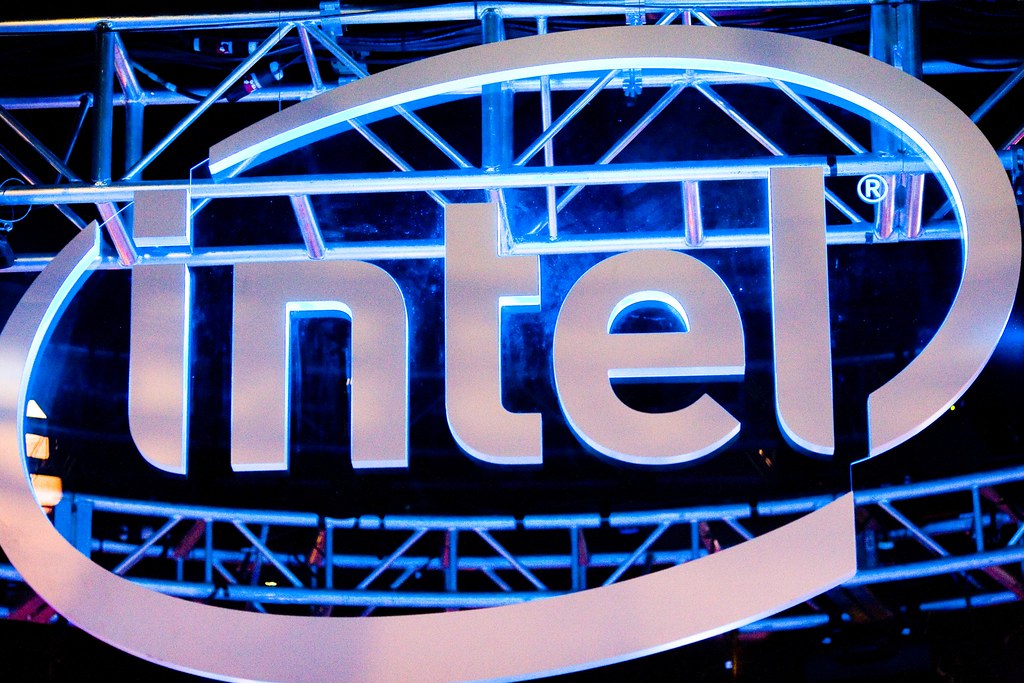 TheTechMedia.com/wp-content/uploads/2020/07/intel-logo-the-tech-portal-new-300×200.jpg 300w, https://TheTechMedia.com/wp-content/uploads/2020/07/intel-logo-the-tech-portal-new-768×512.jpg 768w, https://TheTechMedia.com/wp-content/uploads/2020/07/intel-logo-the-tech-portal-new-800×534.jpg 800w” sizes=”(max-width: 1024px) 100vw, 1024px”>
TheTechMedia.com/wp-content/uploads/2020/07/intel-logo-the-tech-portal-new-300×200.jpg 300w, https://TheTechMedia.com/wp-content/uploads/2020/07/intel-logo-the-tech-portal-new-768×512.jpg 768w, https://TheTechMedia.com/wp-content/uploads/2020/07/intel-logo-the-tech-portal-new-800×534.jpg 800w” sizes=”(max-width: 1024px) 100vw, 1024px”>Intel’s reign over the chip making industry might be coming to an end, as the company finds itself struggling to get on with the times and innovate timely. There has not been any groundbreaking revolution in Intel’s chipsets for a long time now, and from the Q2 2020 earnings, we don’t suspect that to change anytime soon. The company claims that the move to 7nm chipsets might be delayed to late 2022 or early 2023, as it seems to have run into delays.
As all quarter reports start, Intel stated its total revenue, which stood at $19.7 billion, a 20% growth over Q2 2019. The margins, however, took a dive of about 6.6 points, ending up at 53.3% as compared to last year’s 59.8%. The year was also a little heavier on Intel’s own pocket, as operating Income grew 23% from $4.6 billion to $5.7 billion. After all was said and done, the quarter actually went quite nicely for the chip maker, as net income grew to $5.1 billion from last year’s $4.2 billion, a 22% jump, and price per share grew by 29% to $1.19.
However, the most exciting, and perhaps disappointing part of the entire call was Intel’s announcement about a delay in 7nm processors. “The company’s 7nm-based CPU product timing is shifting approximately six months relative to prior expectations.
The primary driver is the yield of Intel’s 7nm process, which based on recent data, is now trending approximately twelve months behind the company’s internal target,” the company said.
While the statement projects the idea that Intel is about an year behind on its roadmap, the company states that it has contingencies in place, which it built when a similar delay happened with the 10nm chips, and will help the company to mitigate some of the damage that’s been done. Intel hopes to contain the damage and launch the new chips 6 months behind the planned schedule.
The company offers to provide some sort of solace to its loyal clientele by expanding its effort in the 10nm processor market. “Intel is accelerating its transition to 10nm products this year with increasing volumes and strong demand for an expanding line up. This includes a growing portfolio of 10nm-based Intel Core processors with “Tiger Lake” launching soon, and the first 10nm-based server CPU “Ice Lake,” which remains planned for the end of this year. In the second half of 2021, Intel expects to deliver a new line of client CPU’s (code-named “Alder Lake”), which will include its first 10nm-based desktop CPU, and a new 10nm-based server CPU (code-named “Sapphire Rapids”). ”
This can be a major setback for the company, which is already losing a lot of its business to competitors who have already made the transition. AMD, for example, has been selling 7nm chips in the market for quite some time, and a further delay in the pipeline is just more customers that make the switch.
Moreover, Apple, one of the biggest clients of Intel, is also making a move to ARM based chipsets, an announcement that will cost Intel millions of dollars. At a time like this, a delay in the next gen of processors might not fare too well for the chipmaker.





